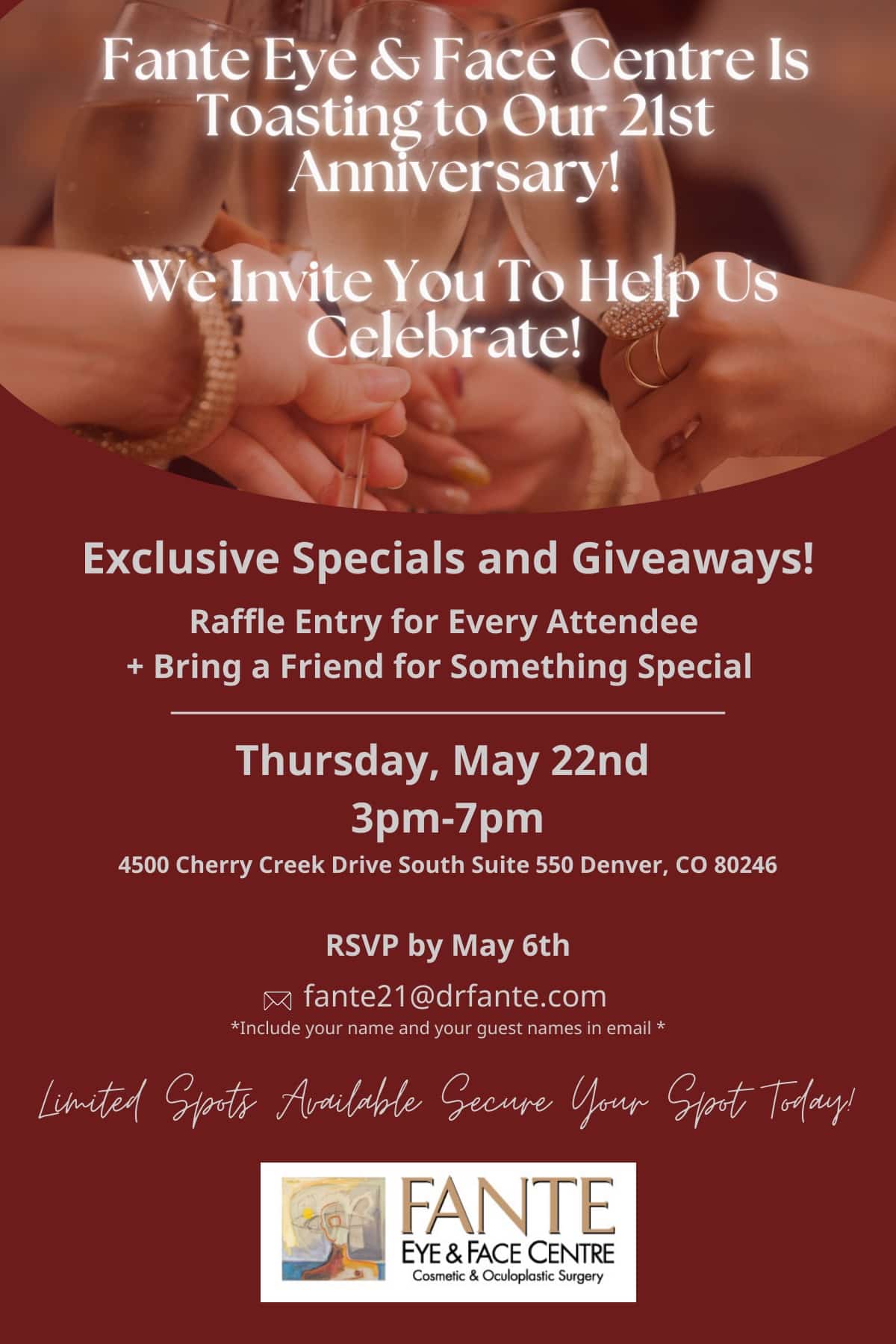What Can I Expect After Eyelid Surgery?
Blepharoplasty is the medical term for what we know commonly as “eyelid surgery,” which is typically an elective surgery that men and women choose to have to improve the appearance of their eyelids. However, eyelid surgery in Denver is also performed to help improve people’s sight. If you have drooping eyelids, bags under your eyes, […]
What Can I Expect After Eyelid Surgery? Read More »


